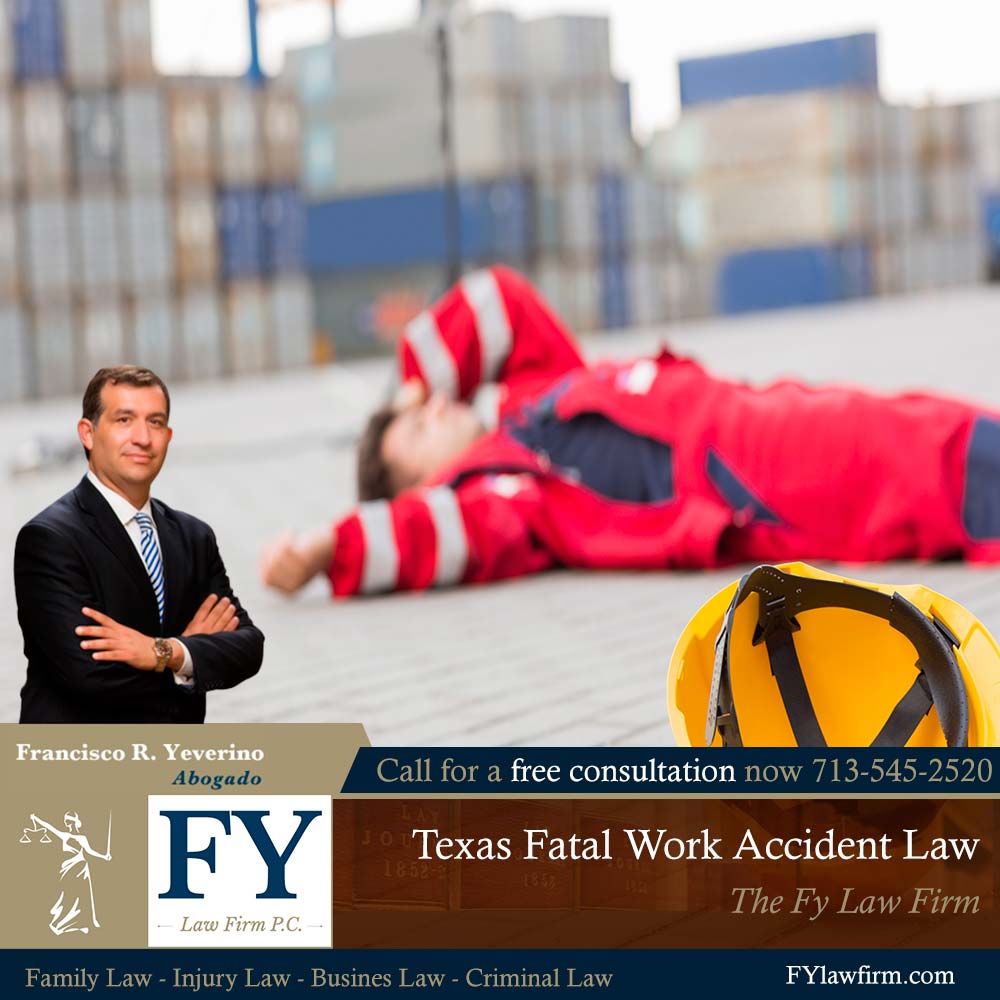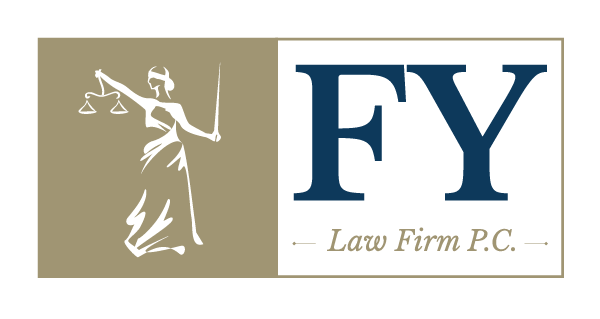
The Fy Law Firm
Texas Fatal Work Accident Law
Texas fatal work accident law can be nothing short of baffling for all but the most experienced lawyers. This is because fatal work accident cases are essentially a “law casserole” made from numerous different sections of Texas law, including bits and pieces of:
- The Texas Labor Code
- The Civil Practices and Remedies Code
- The Wrongful Death Act
- Texas constitutional law, and
- …decades of Texas Supreme Court decisions
In other words, in their attempts to find the fine line between protecting the interests of businesses and offering grieving families a chance to obtain justice after they’ve lost a loved one, Texas lawmakers and judges have unintentionally created a patchwork of laws which collectively determine when and if you can use the court system to hold a negligent employer accountable. To make an already complex legal situation even murkier, the limited number of Texas attorneys who actually are familiar enough with all of these laws to explain your rights have historically kept this information to themselves.
Who is legally responsible for your loved one’s death?
Whether you can sue the employer, receive death benefits, or both
Work-related death cases are based on the underlying work injury law. So whatever the law says about a particular workers’ rights to be compensated for an injury claim, the same holds true for their family’s wrongful death claim, should the worker lose his life.
But don’t all workers have the same work injury rights under Texas law? Actually, no. In fact, there are two totally different sets of rights that workers may have. The factor that determines which rights any given worker has is their employer’s insurance coverage decision. As strange as that sounds, that’s exactly how it works.
You see, Texas law has created a special type of insurance coverage that, when purchased by an employer, puts the employer into a “protected class” wherein they are immune from work injury lawsuits based on their negligence. So, if the employer buys this special coverage, the worker and their family has one set of rights. If the employer opts out of this special coverage, then the worker and their family has an entirely different set of rights. The the employee has dictate which type of claim the worker or their family can file.
The different kinds of claims are:
- Workers’ compensation cases (which are basically work injury welfare claims)
- Non-subscriber claims (which are basically typical lawsuit cases)
Fatal Workers’ Compensation Cases
Workers’ compensation is a phrase that everyone uses colloquially to mean “generic work injury payments,” but there’s much more to it than that. Workers’ compensation is not a phrase used to describe work injury money, it’s actually the formal name for an entire system of processing work injury claims that completely replaces the jury trial. So, rather than allowing employees to sue their employers, the workers’ compensation system is setup like a type of work injury welfare system, and the system dispenses disability-type payments to injured workers in lieu if the right to sue the company they work for. The employer chooses whether the company participates in this system, not the employee. Consequently, the employer effectively chooses for the worker and their family which rights they have.
If an injured worker’s employer opts into this system, then the worker can file for benefits but they forever lose the right to sue the employer while the employer is covered under a workers’ comp plan. By extension, the family of a deceased worker is also unable to sue the employer (typically), and can instead only file for workers’ compensation death benefits.
Here are the positives and negatives of the workers’ compensation system:
- The positive side of workers’ comp cases is that the worker or their family members get guaranteed benefits from something akin “work injury welfare system,” so it’s a low conflict system as opposed to the adversarial court system. Further, the employer is liable by default, so you don’t have to prove that they were negligent in order to get benefits.
- The negative side of workers’ comp cases is that the guaranteed benefits are worth very little, lawsuits against the employer on the basis that employer’s negligence caused the worker to die are not allowed*, and all benefits paid out are subject to fairly harsh limits and restrictions. For instance, if you lose a spouse to a work injury and then later remarry, they workers’ comp carrier is allowed to stop paying you.
source: injuryrelief
If you are undocumented and need Legal Help for DWI or DUI, Without a License, Drugs' Possession or Domestic Violence. You can contact Attorney Frank Yeverino (713) 545-2520, who specializes in Undocumented Criminal Defense of the, he will take personally the call to assist you directly and quickly. The Fy Law Firm helps you.

The Fy Law Firm
Drunk Driving, Driving Under the Influence DWI, Driving Under the Influence DUI, Accidents, Personal Injury Compensation, Claim for Personal Injury, Personal Injuries, Possession of Drugs, Criminal, Drug Related Offenses, Drug traffic, Possession of Marijuana, Domestic violence, False Charges of Violence, Arrest for Domestic Violence, Family Cases, Divorces, Legal Custody of Children, Child Support, Alimony, Driving without a Driver's License, Driving without a License, Arrest for Driving without a License, Drive with Expired License, Locate my husband with the ID, Federal Crimes, Undocumented, Criminal Defense for the Undocumented, Criminal Defense for Immigrants, Defense for Immigrants, The Fy Law Firm

